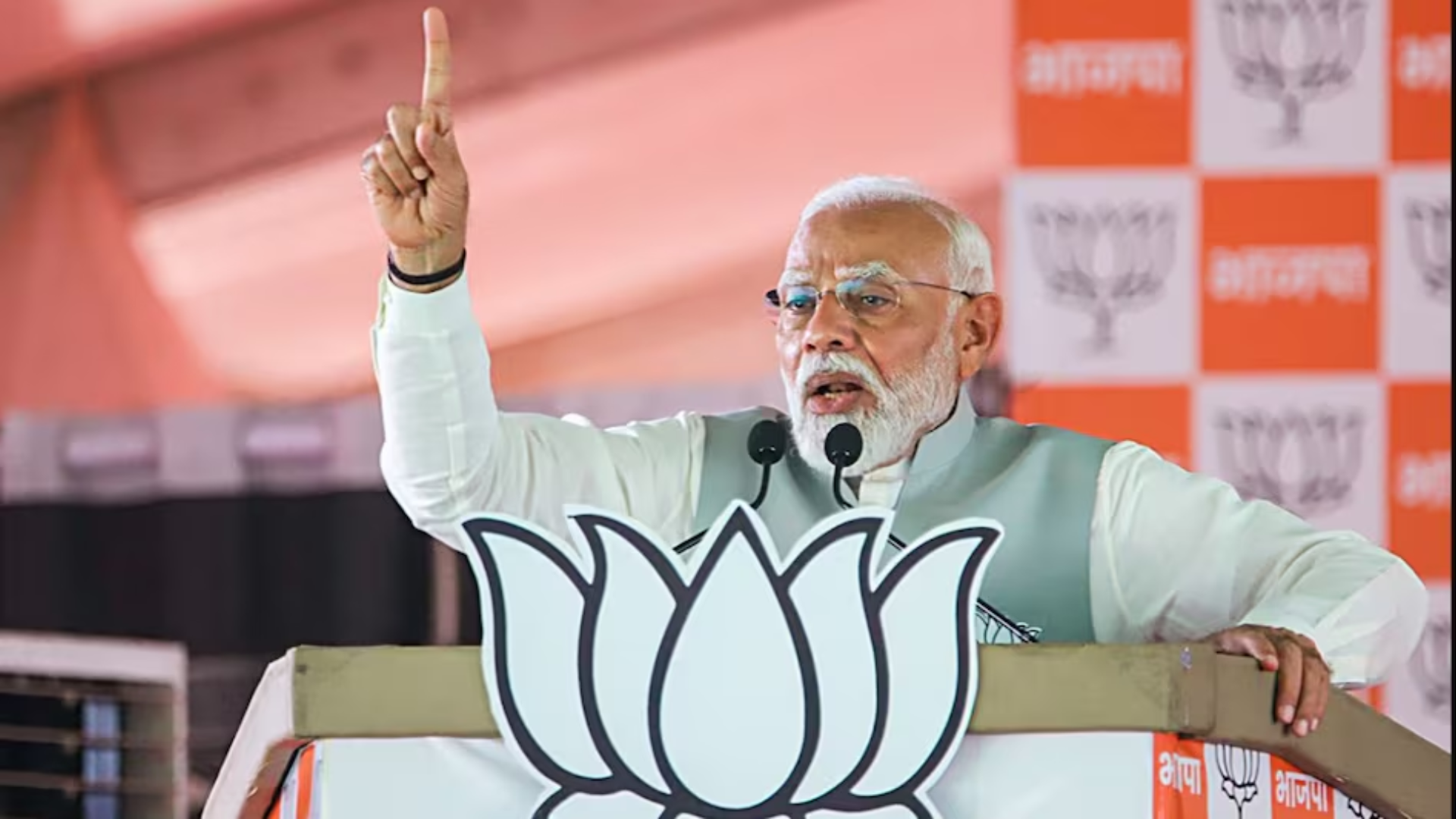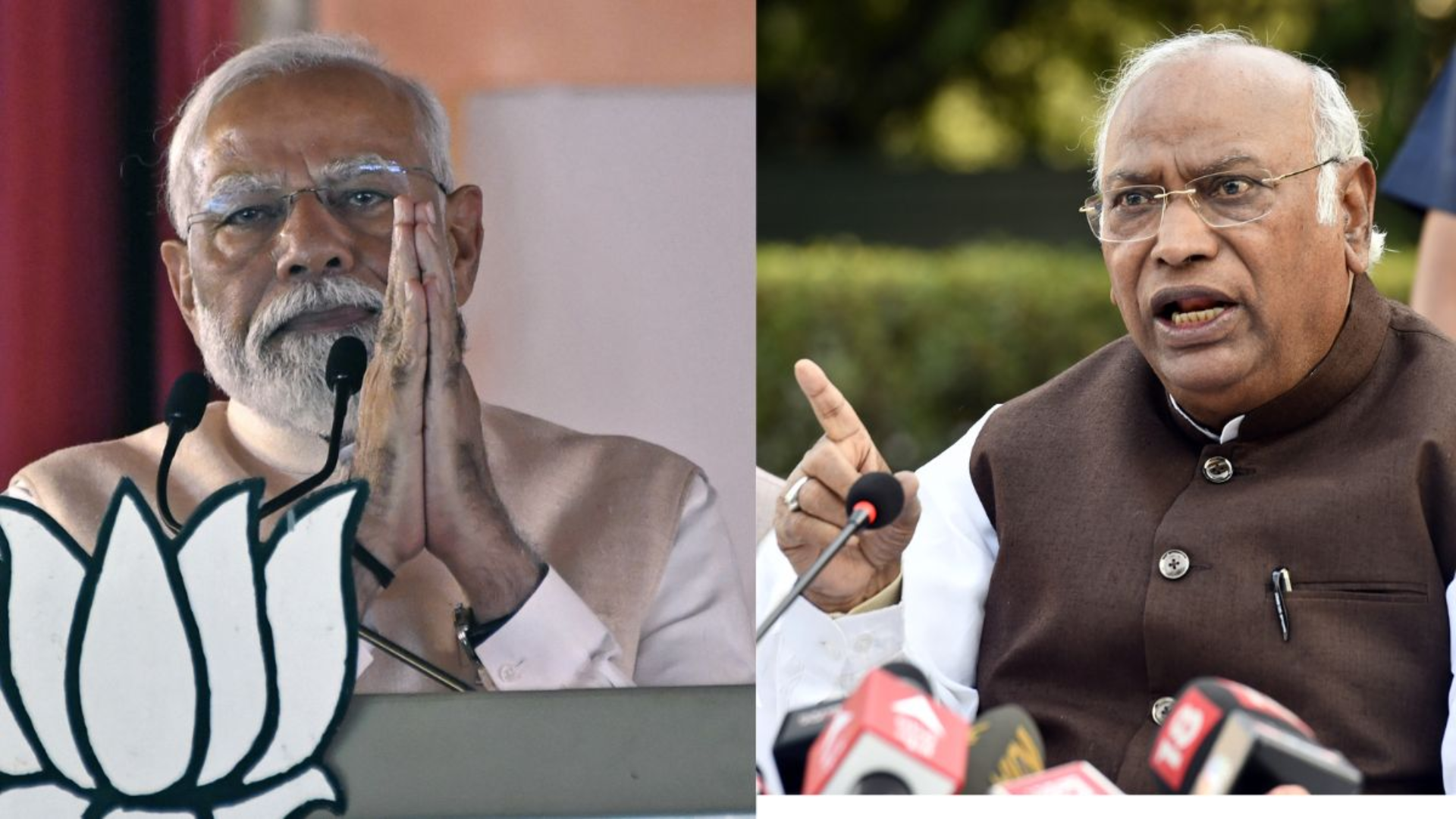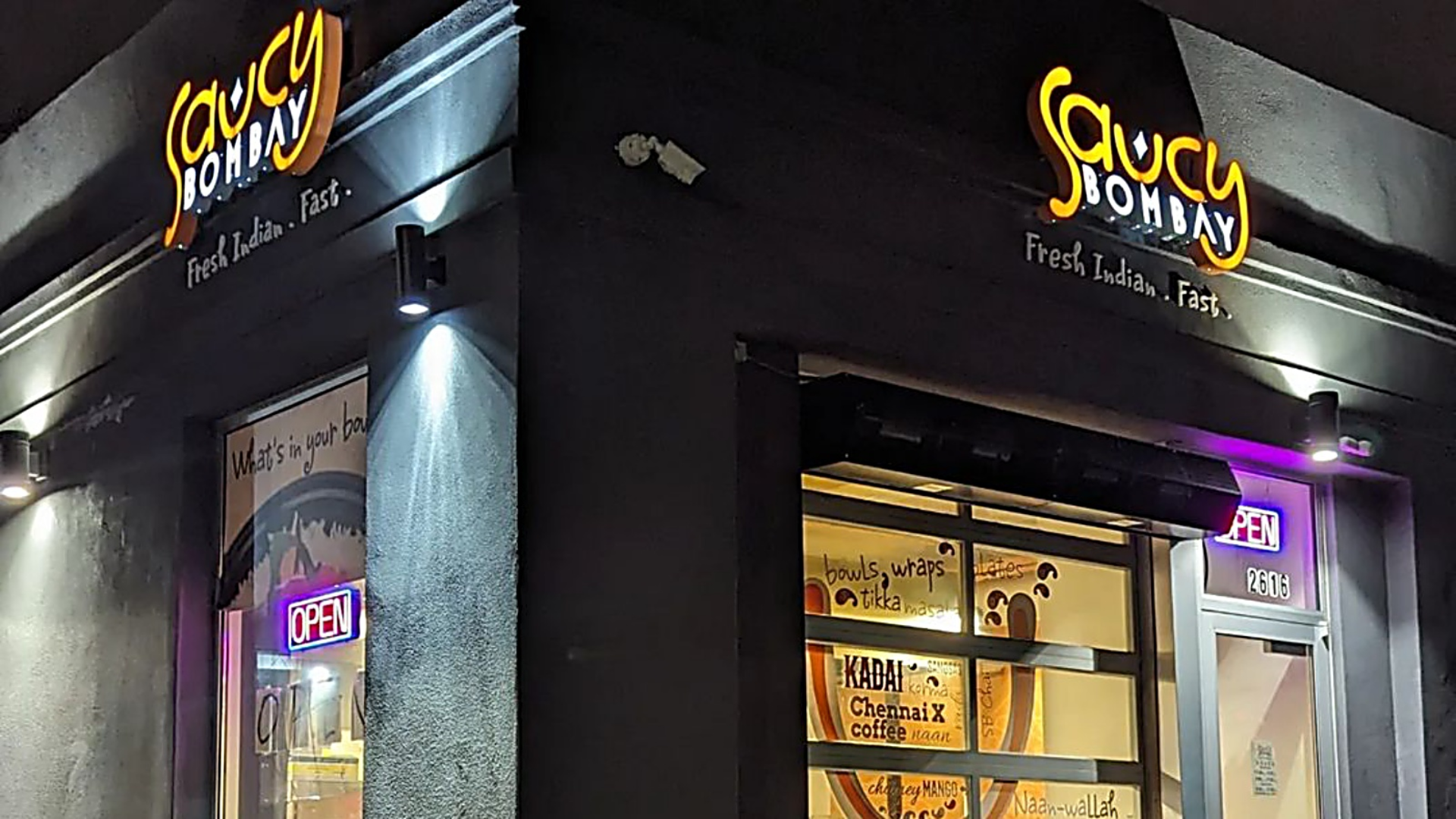


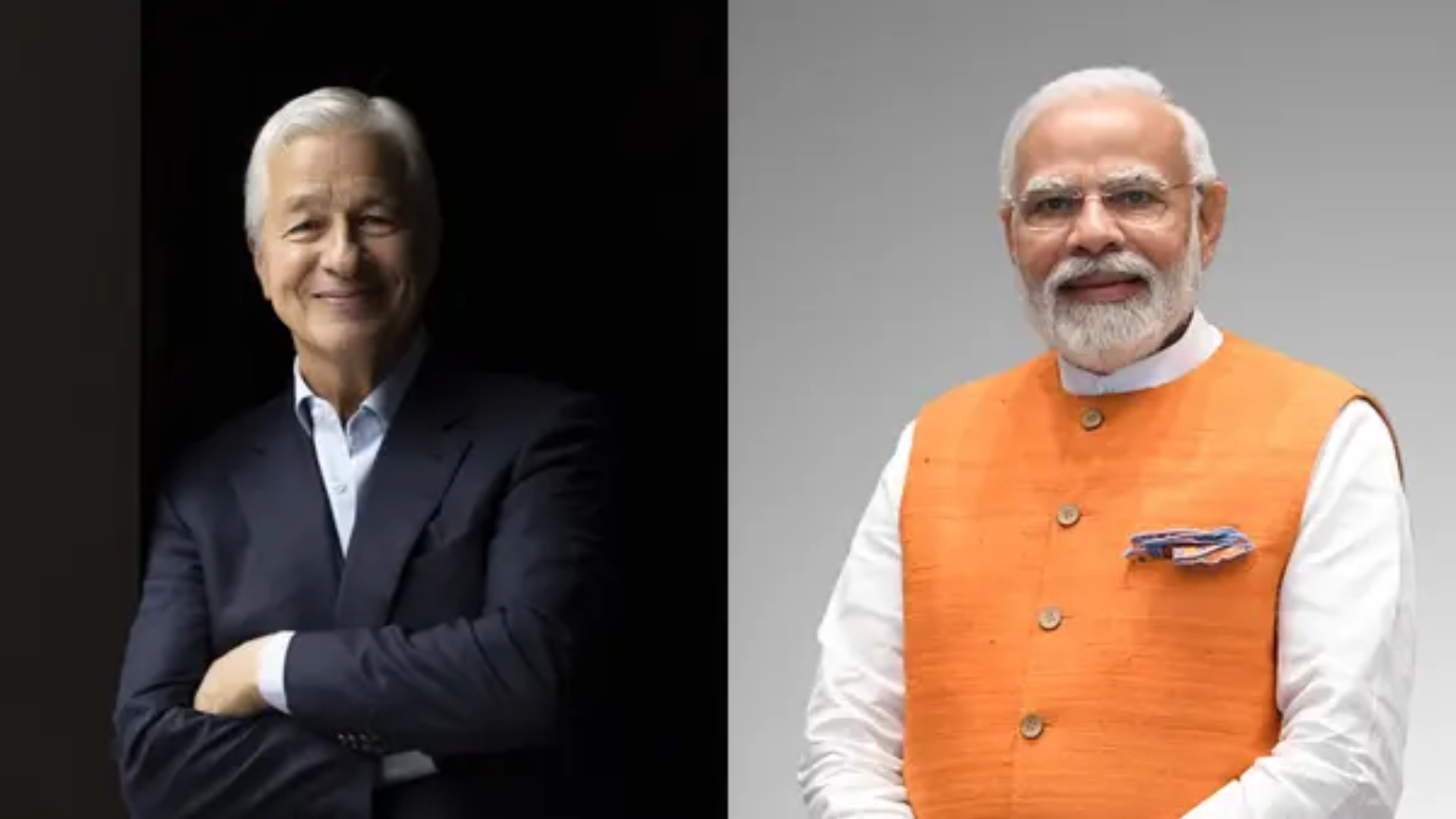

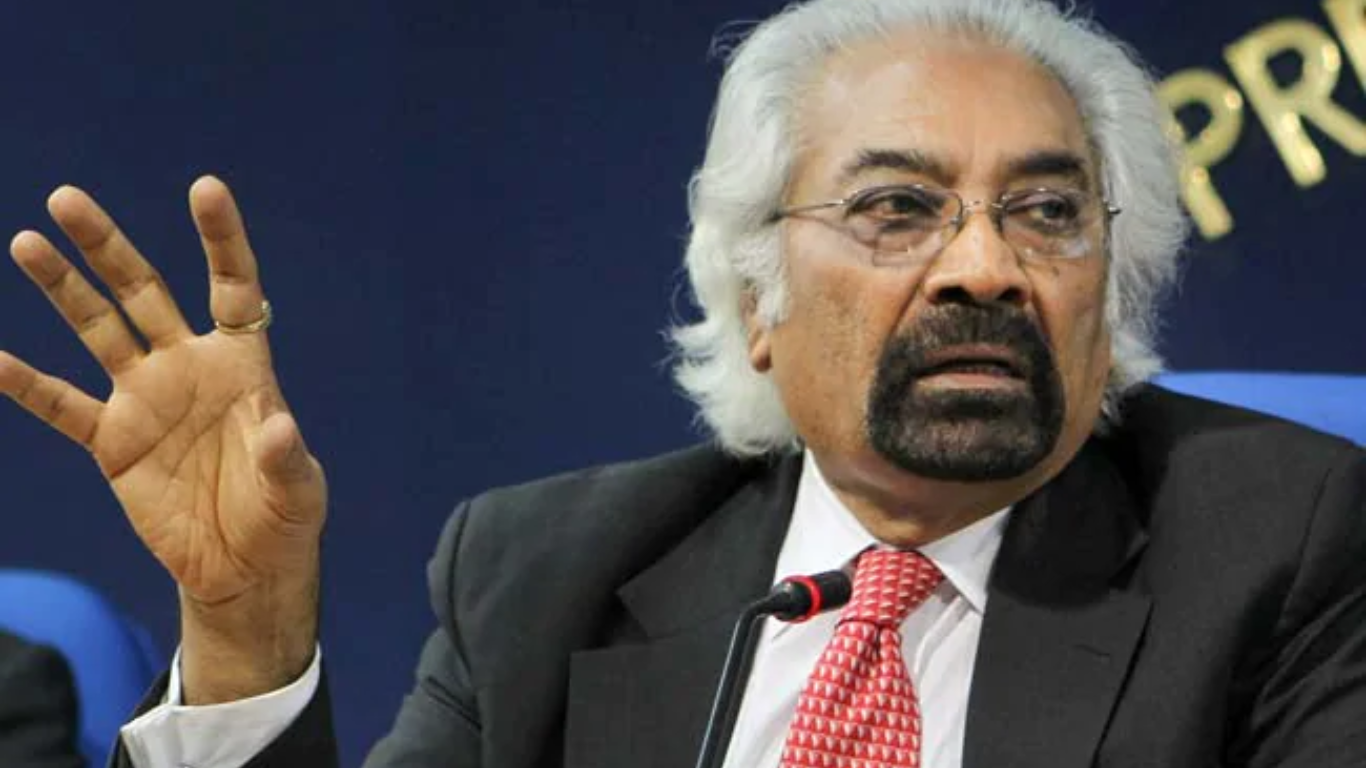


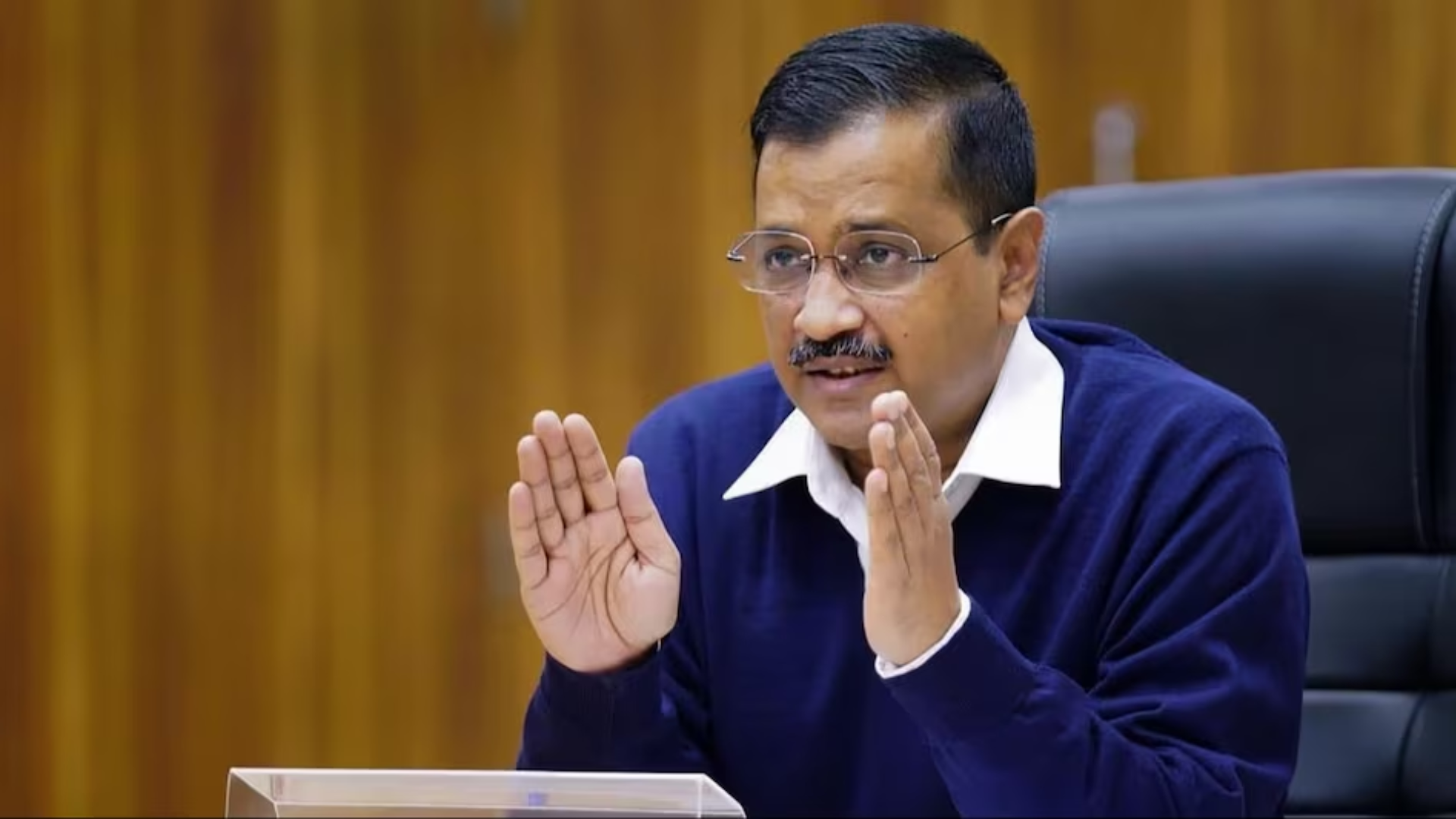
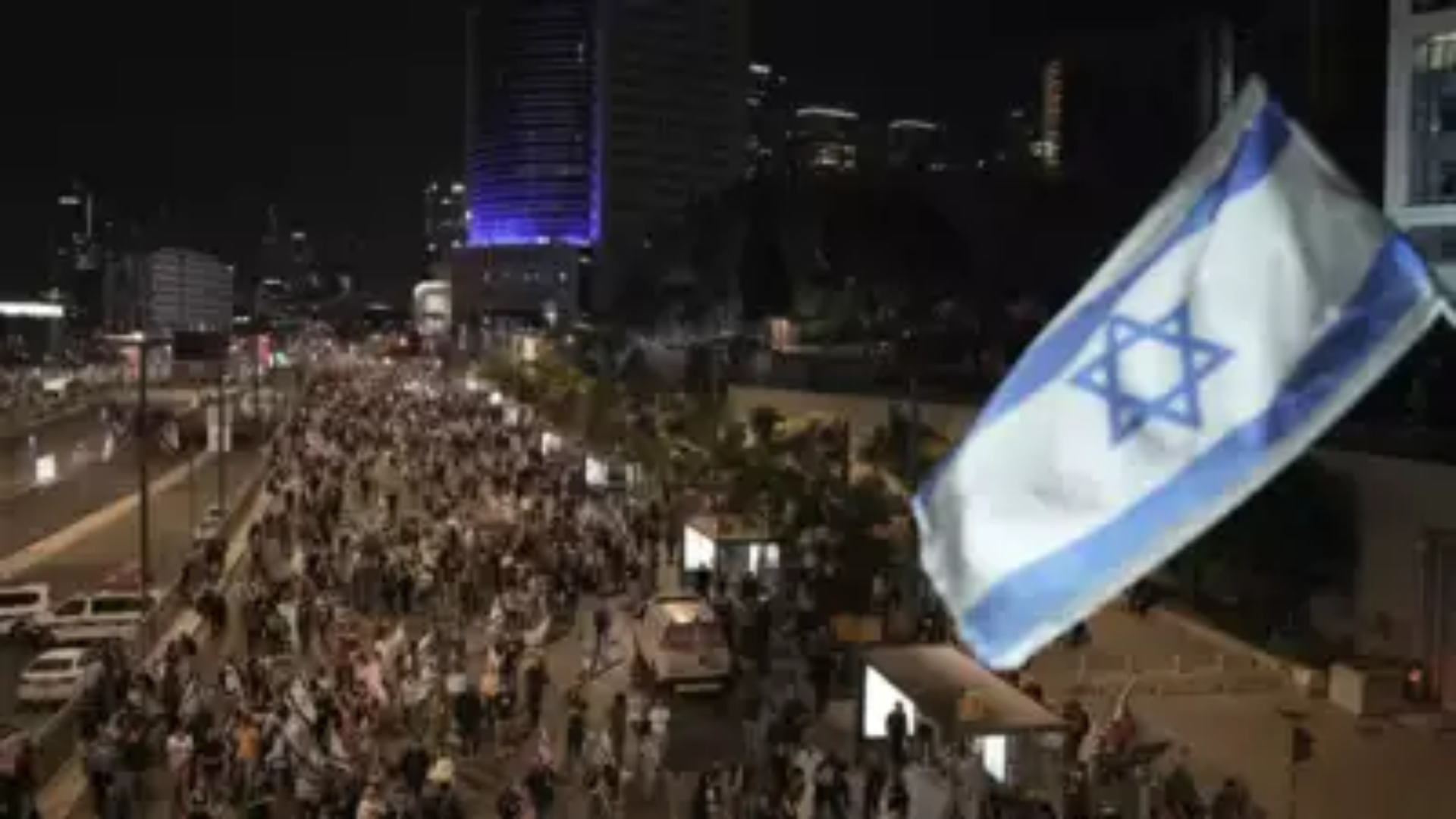
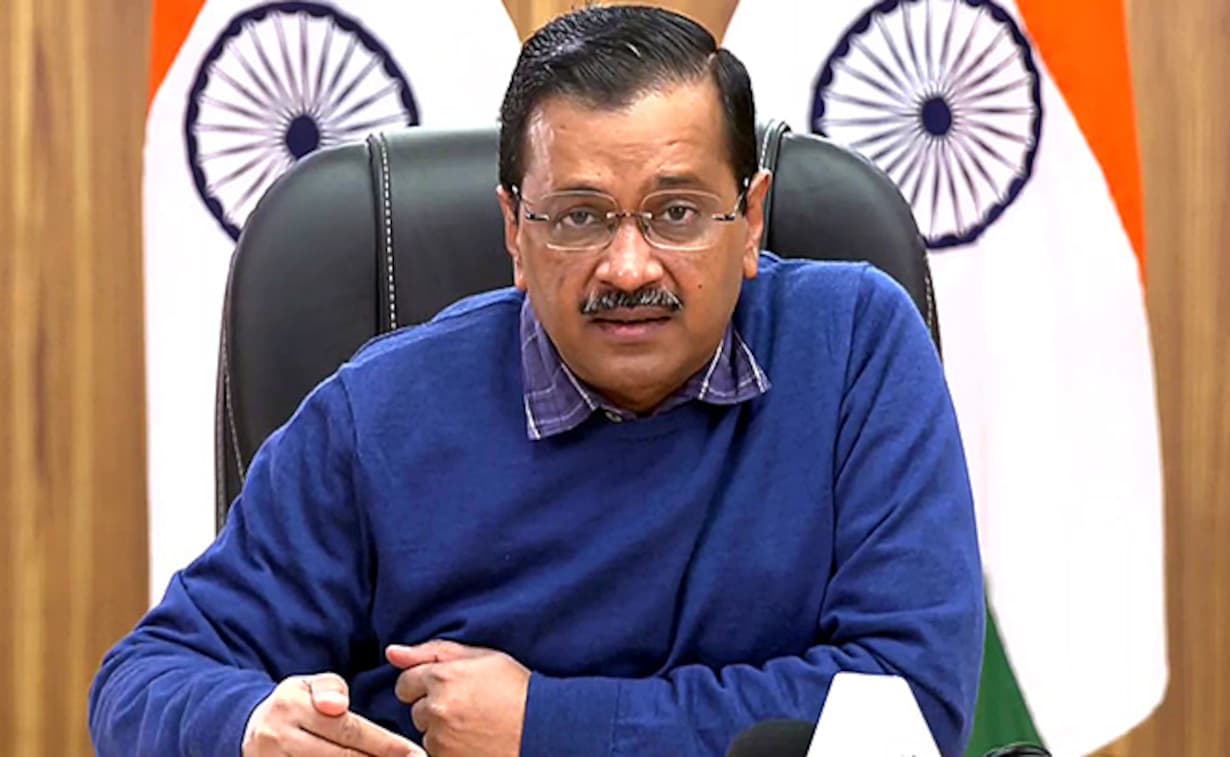
As protests by AAP workers escalate following the arrest of Delhi Chief Minister Arvind Kejriwal, security measures in the national capital have been heightened to maintain law and order, particularly around court premises.
DCP Central, M. Harshavardhan, emphasized the strict security measures in place to prevent any disturbances and congestion, especially at the busy ITO junction. Security arrangements have been bolstered outside the Rouse Avenue court, a potential gathering spot for large crowds.
To manage the situation, Section 144 has been imposed at DDU Marg, considering it is not a designated protest site and houses vital installations and important offices, as highlighted by DCP Central M. Harshavardhan. Additionally, the ITO metro station has been temporarily closed on the advice of the Delhi Police.
AAP leaders, including Delhi Ministers Saurabh Bharadwaj and Atishi, were detained during the party’s protest outside the AAP office. Meanwhile, in Chennai, DMK leaders also staged protests against Kejriwal’s arrest. The INDI bloc has expressed support for the Delhi Chief Minister.
Congress leader Rahul Gandhi extended support to Kejriwal’s family and criticized Prime Minister Narendra Modi, accusing him of resorting to “dictatorial tactics” to undermine democracy. Gandhi accused the BJP-led government of capturing institutions, including the media.
Arvind Kejriwal was arrested by the Enforcement Directorate (ED) in the excise policy case after the Delhi High Court denied him interim protection from coercive action. The situation remains tense as protests continue, with heightened security measures in place to maintain order.

